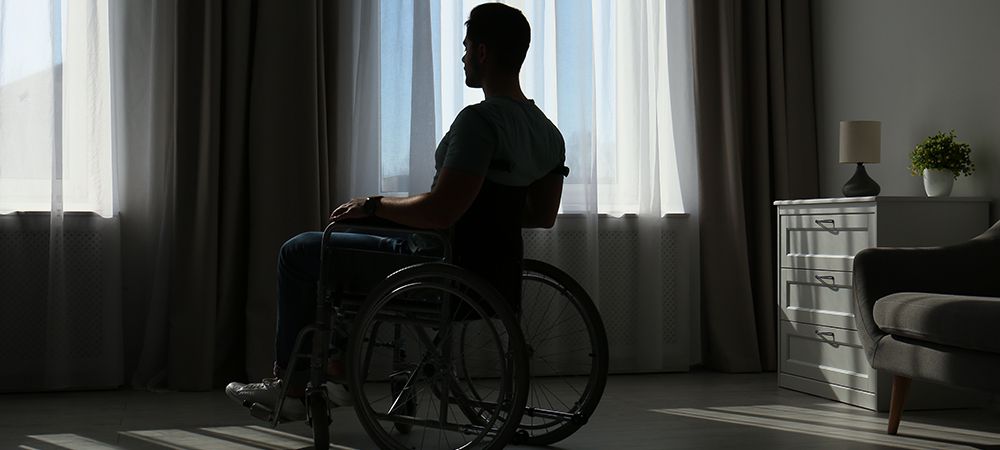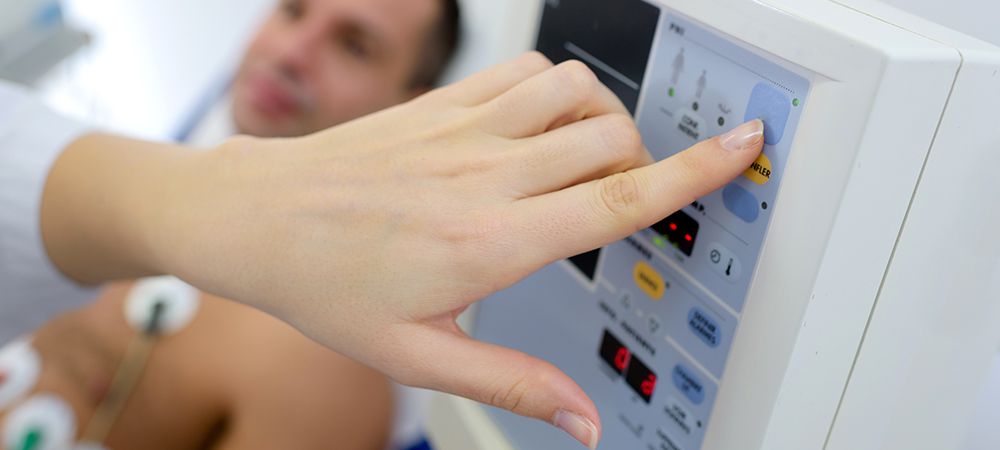Addiction is one of the most complex conditions affecting humans. It rarely exists in isolation: it can be a symptom of underlying issues, or the cause of new issues. Frequently, it is both. It affects both the body and the mind in ways that are unique to the person experiencing it.
Because addiction is so deeply rooted in the context of the individual’s life and circumstances, treating it can be challenging. What works for one person is not necessarily going to work for everyone. Through the use of addiction psychiatry, addiction treatment programs can be tailored to each individual with consideration for their physical and mental health needs.
What Is Addiction Psychiatry?
An addiction psychiatrist is a medical doctor who specializes in the diagnosis and treatment of substance use disorders and coexisting conditions that affect both the body and the mind. Because addiction has far-reaching impacts on physical and mental health, both elements need to be incorporated in a treatment plan. Psychiatric rehabilitation and recovery does just that: it helps you explore the issues that lie at the root of the addiction while also enabling you to regain your physical strength and wellbeing that were compromised during your period of substance abuse.
How Addiction Affects The Mind
Mental health and addiction can have a circular effect on each other. In other words, mental health problems can be at the root of the addiction, and the addiction can exacerbate or create mental health issues. Ultimately, you can end up with a situation in which the mental illness and the addiction fuel each other.
Some examples of the relationship between addiction and mental health include the following:
- Addiction can stem from trauma that creates anxiety, depression, and post traumatic stress disorder (PTSD)
- Mental illnesses such as depression and anxiety can both result in and stem from substance abuse
- Some substances change the chemistry of the brain, and this can lead to cognitive, social, and behavioural difficulties
- Addiction can take its toll on relationships, leading to the addicted person feeling isolated and unloved
- The side effects of many substances – and withdrawal from those substances – include anxiety, paranoia, irritability and mood swings
- A prolonged period of addiction can leave you feeling incapable of coping with stress without using drugs or alcohol
How Addiction Affects The Body

Although addiction is strongly connected with mental health and how we respond to stress and trauma, there is a strong physical health component to it as well. Here are some examples of how substance abuse and physical wellbeing are connected:
- Addiction to some substances, such as prescription opioids, can originate from chronic pain
- Many substances affect the functioning of your cardiac and respiratory systems, as well as organs such as the liver and stomach
- Many substances can increase your risk of cancer, diabetes, heart disease, and other physical conditions
- Some substances, such as alcohol, lower your inhibitions and increase your risk of engaging in potentially harmful activities: this in turn creates a risk of physical injury
- People with addictions often neglect aspects of their physical health, such as exercise, sleep and nutrition
What Happens During Psychiatric Rehab And Recovery?
Everyone’s journey to and through addiction is different, and no two people will have a recovery path that looks the same. One of the jobs of an addiction psychiatrist is to ensure that you are getting the treatment that is right for you. There is no such thing as a “typical” addiction treatment program. Whatever your recovery looks like, though, your psychiatrist can play several important roles.
Detox
Depending on the substance, your typical dosages, and how long you have been addicted, withdrawal without medical supervision can be dangerous. In a detox facility, a psychiatrist can help manage your withdrawal symptoms to keep you physically safe, while also helping you get through the mental rigours of withdrawal.
Assessment
Any good rehab program has to start with a comprehensive assessment of the patient. By getting to know you and learning about your journey and any coexisting physical or mental illnesses or conditions you have, your treatment team can come up with a plan that is tailored to your needs and circumstances.
Balancing Physical And Mental Health During Rehab
An addiction psychiatrist is in a position of being able to provide addiction treatment in the form of talk therapy and other methods, while ensuring that your physical health is where it should be. Chronic pain and illness are stressful events that can trigger cravings and affect the recovery process. Your psychiatrist will help you navigate this while ensuring that you receive the medical treatment you need.
Monitoring Physical Recovery From Substance Abuse
Many substances have widespread effects on the body. This can be quantified through blood tests, imaging, and other forms of lab work. At various points throughout your rehab, your psychiatrist may order fresh sets of tests to monitor your progress as your body recovers. The results of these tests may be used to tweak various elements of your treatment.
Finding Alternative Interventions For Medical Conditions
Many people find themselves in the difficult position of no longer being able to use prescription medications that they have become addicted to. The problem is that the conditions those medications were prescribed for don’t just disappear. Your psychiatrist can work with you to find an alternative form of treatment for your condition. This might mean a different medication, or some form of physical or mental therapy.
Evaluating Readiness To Leave Rehab
Addiction rehab can be an incredibly healing experience, but the prospect of rejoining the real world can be daunting. Sadly, some people leave rehab prematurely, and have to return when they suffer a relapse. It is important to know that a relapse is just a setback – it does not mean that rehab has failed. But it is better to avoid relapse if at all possible. One of the ways in which this is possible is through an assessment of readiness. Along with the rest of your treatment team, your psychiatrist can help you determine whether you are ready to leave rehab, or whether it would be better for you to stay and strengthen some of the skills and tools you have been working on.
Psychiatric Rehabilitation And Recovery In A Compassionate Setting
At Addiction Rehab Toronto, we believe that everyone deserves a shot at the life they deserve. Many people with addictions have gone on to lead happy, healthy, productive lives, and with the right support, you can do it too. We will provide you with a customized treatment plan, a safe environment that is conducive to healing, and psychiatrists and other professionals who are compassionate and care about your recovery. For more information, contact us today.







